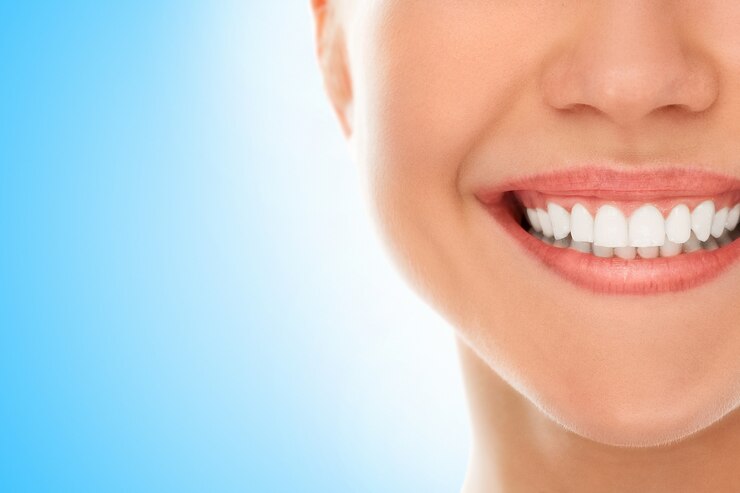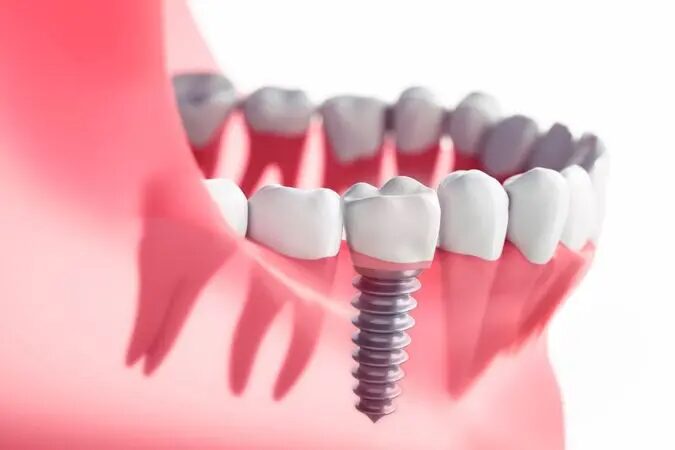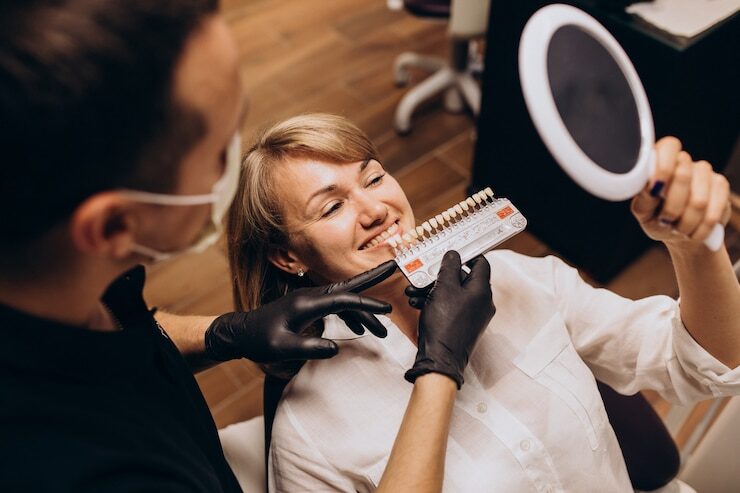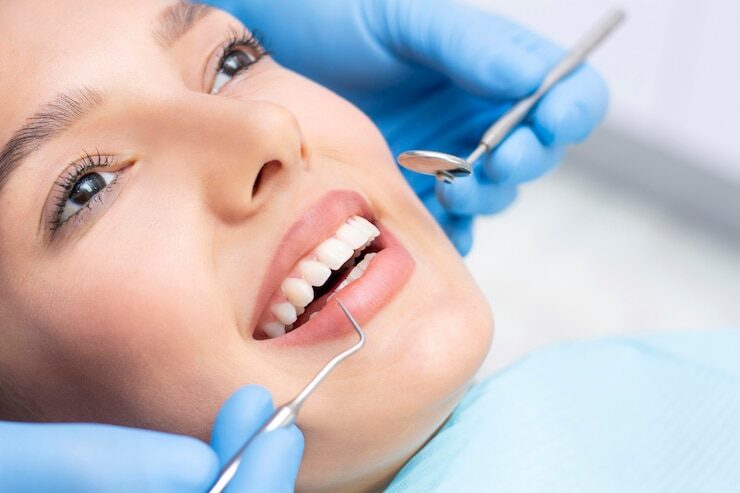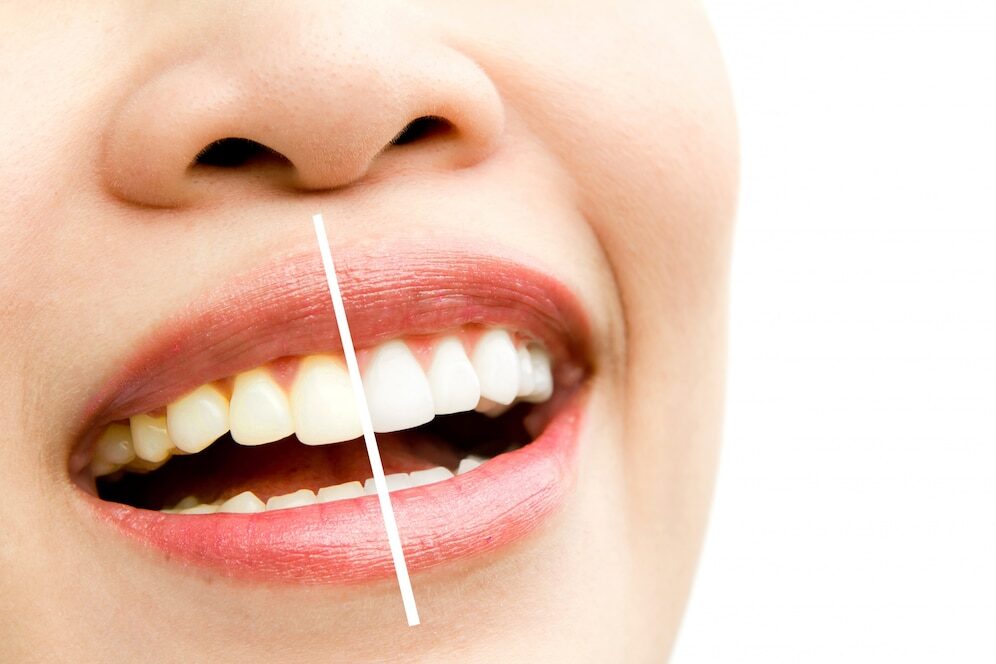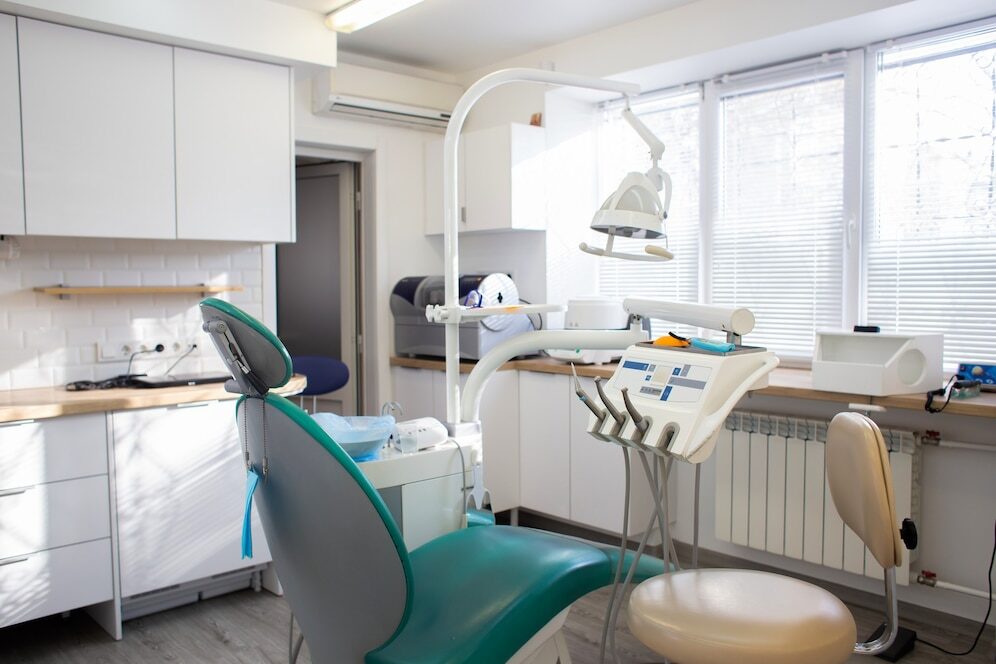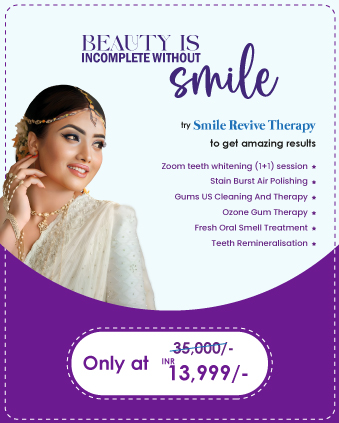A bright, dazzling smile is often associated with confidence and good oral hygiene. However, maintaining pearly white teeth can be a challenge due to various factors like aging, dietary habits, and lifestyle choices. Fortunately, there are a plethora of teeth whitening methods available, ranging from do-it-yourself (DIY) remedies to professional treatments offered by dentists. In this comprehensive guide, we’ll delve into the diverse array of teeth whitening techniques, examining their effectiveness, safety, and suitability for different individuals.
Understanding Teeth Discoloration

Before delving into whitening methods, it’s crucial to understand why teeth become discolored. Teeth discoloration can occur due to extrinsic factors such as consuming dark-colored beverages like coffee, tea, or wine, smoking, and poor oral hygiene. Additionally, intrinsic factors like aging, genetics, and certain medications can also contribute to tooth discoloration by affecting the tooth enamel and dentin.
DIY Teeth Whitening Remedies
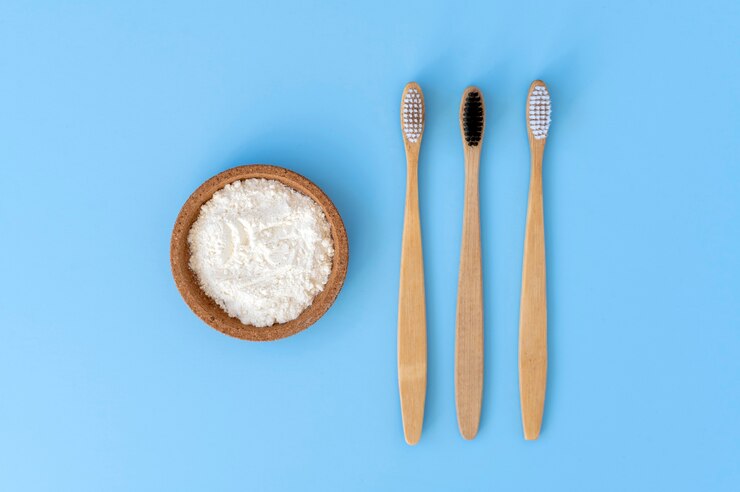
Many individuals opt for do-it-yourself teeth whitening remedies due to their accessibility and affordability. Common DIY methods include:
Baking Soda and Hydrogen Peroxide: Mixing baking soda with hydrogen peroxide forms a paste that can help remove surface stains. However, excessive use can damage tooth enamel and irritate the gums.
Oil Pulling: Swishing coconut oil or sesame oil in the mouth is believed to remove bacteria and stains. While it may improve oral hygiene, its whitening effects are minimal.
Fruit Peels: Rubbing orange, lemon, or banana peels on teeth is a popular home remedy. These fruits contain natural acids that may help whiten teeth, but results vary, and prolonged exposure to acids can erode enamel.
While DIY methods may offer temporary whitening effects, they often lack scientific evidence supporting their long-term efficacy and safety. Moreover, improper use can lead to adverse effects such as enamel erosion, gum irritation, and uneven whitening.
Over-the-Counter Whitening Products
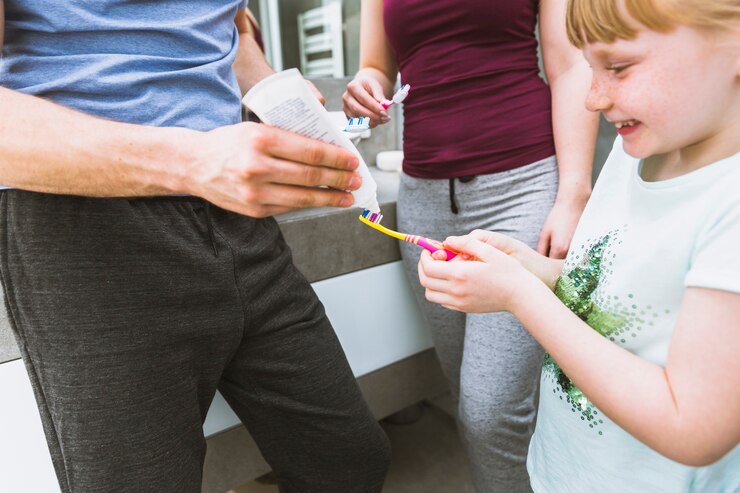
Over-the-counter (OTC) whitening products like whitening toothpaste, strips, and gels are readily available at pharmacies and supermarkets. These products typically contain bleaching agents such as hydrogen peroxide or carbamide peroxide in lower concentrations than professional treatments. While they can effectively lighten surface stains, they may not provide significant whitening for deeper discoloration. Additionally, OTC products require consistent use over several weeks to achieve noticeable results.
Professional Teeth Whitening Treatments
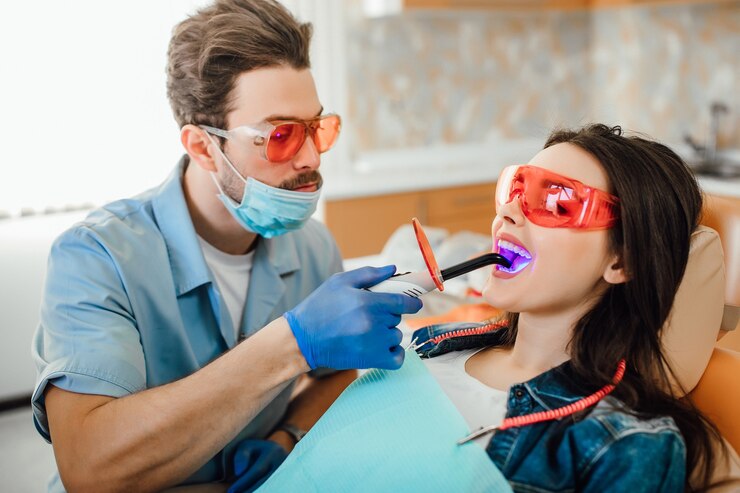
For individuals seeking faster and more dramatic results, professional teeth whitening treatments administered by dentists offer a viable solution. The two primary types of professional whitening procedures are:
In-Office Whitening: In-office whitening procedures involve applying a high-concentration bleaching agent directly to the teeth, often activated by a special light or laser. This method can achieve substantial whitening in a single session lasting approximately 60 to 90 minutes. Dentists can customize the treatment to address specific concerns and ensure patient safety.
Take-Home Whitening Kits: Dentists may also provide custom-fitted trays and professional-grade whitening gel for at-home use. Patients wear these trays filled with whitening gel for a specified duration each day, typically over the course of several days to weeks. While take-home kits offer the convenience of whitening at home, they require consistent adherence to the treatment regimen to achieve optimal results.
Professional teeth whitening treatments are generally considered safe and effective when performed under the supervision of a qualified dentist. Dentists can assess the patient’s oral health, identify underlying issues, and tailor the whitening procedure to minimize potential side effects such as tooth sensitivity and gum irritation.
Factors to Consider
When choosing a teeth whitening method, several factors should be taken into account:
Severity of Discoloration: The extent of tooth discoloration influences the choice of whitening method. Superficial stains may respond well to DIY or OTC products, while deeper discoloration often requires professional intervention.
Oral Health: Individuals with underlying dental issues such as cavities, gum disease, or tooth sensitivity should consult a dentist before undergoing any whitening treatment to address these concerns and ensure safe treatment.
Budget and Convenience: DIY and OTC whitening options are generally more budget-friendly and convenient than professional treatments, but they may require more time and patience to achieve desired results.
Longevity of Results: Professional whitening treatments typically offer longer-lasting results compared to DIY or OTC products, making them a preferred choice for individuals seeking enduring whitening effects.
Conclusion
Teeth whitening methods encompass a spectrum of options ranging from DIY remedies to professional treatments, each with its benefits and considerations. While DIY methods and over-the-counter products may provide cost-effective solutions for mild discoloration, professional whitening treatments offer superior efficacy, safety, and customization under the supervision of a qualified dentist. Ultimately, the choice of teeth whitening method depends on individual preferences, budget, and desired outcomes, but consulting a dental professional is essential to ensure safe and effective whitening results, bringing forth a radiant, confident smile for years to come.

